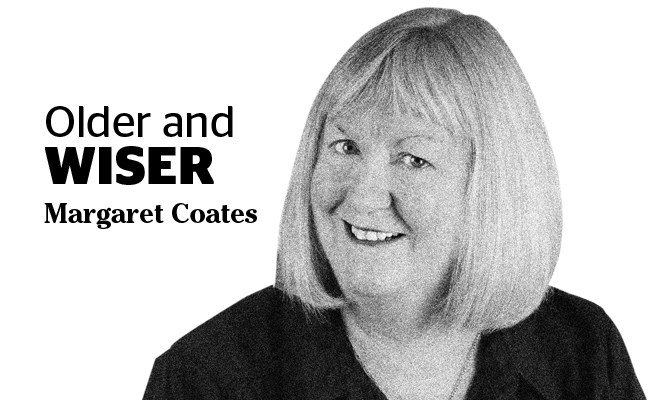According to the B.C. Ministry of Health website, as many as 10 per cent of B.C. seniors will experience some form of abuse in their later years and this abuse is often caused by family members or trusted friends.
According to the non-profit organization Seniors First B.C. elder abuse means “an action, or deliberate behaviour, by a person(s) in a position of trust, such as an adult child, family member, friend or care giver, that causes an adult physical, emotional or mental harm and/or damage to, or loss of, assets or property.”
The Ministry of Health says neglect and self-neglect are also forms of abuse. Self-neglect happens when a senior lives in a way that puts his or her health, safety, or well-being at risk.
However, as Kari Chambers, the North Shore/Sea-to-Sky area regional mentor for the B.C. Association of Community Response Networks (B.C. CRN) says, “often one of the most difficult concepts for people to accept, especially those in caregiving roles, is that under the adult guardianship legislation, people retain the right to live at risk so long as they are deemed mentally capable of making decisions for themselves.”
Fortunately, there are many organizations and programs worldwide and locally that deal with the issue of elder abuse. Seniors First B.C. works to prevent elder abuse across the entire province. They provide assistance and support to older adults who are or may be abused, and those whose rights have been violated. They have a great website (seniorsfirstbc.ca) and a crisis line called Seniors Abuse and Information Line (or SAIL).
B.C. CRN is another provincial resource. Information from the organization (bccrns.com) notes that it “works to create ongoing, permanent provincial funding and support structure for the benefit of local Community Response Networks and adults in their communities experiencing abuse, neglect and self-neglect.”
Community Response Networks are the vehicles for achieving increased co-ordination of community responses to abuse and neglect. Today, there are CRNs established or under development all over British Columbia.
The North Shore CRN, which was established nearly 20 years ago, includes community, social and health service organizations, government agencies, community-minded individuals, and seniors. At the local level, the North Shore CRN facilitates prevention and education activities with community stakeholders to work toward ending abuse, neglect and self-neglect of adults in the province. In recognition of the seriousness of elder abuse, in 2006, the United Nations officially proclaimed June 15 as World Elder Abuse Awareness Day.
Public education events around World Elder Abuse Awareness Day are critical in informing people about older adult abuse and neglect, and enhancing relationships between community stakeholders who are encouraged to continue the dialogue throughout the year.
On June 14, the North Shore CRN gave a workshop on the Gatekeeper Program at West Vancouver Seniors’ Activity Centre. The Gatekeeper Program was created in 1978 by Ray Raschko and Francie Coleman of Spokane, Wash., and has been adapted and replicated nationally and internationally.
Chambers and Farimah Shakeri Shemirani from Vancouver Coastal Health’s North Shore Older Adult Mental Health Team facilitated the workshop, which included information about the Re:Act Program (vchreact.ca) and the role designated agencies play in the reporting of adult abuse and neglect.
The Gatekeeper Program is tailored specifically for those who work in our community and regularly interact with older adults, but operate outside of the seniors sector. These include occupations such as postal workers, bank tellers, city officials, beauticians and other community service providers.
Chambers says the Gatekeeper Program is designed to help people identify high-risk, vulnerable adults, particularly those who are isolated or living alone, and who would benefit from some type of assistance to maintain their independence. “It also provides participants with referral procedures and local contacts for designated agencies, organizations that are designated to respond to adult abuse and neglect referrals.”
Abuse of older adults is a serious issue in our society, and we are fortunate to have organizations and services to support North Shore seniors who may be at risk of abuse.
Margaret Coates is the co-ordinator of Lionsview Seniors’ Planning Society. She has lived on the North Shore for 47 years and has worked for and with seniors for 20 of those years. [email protected]



